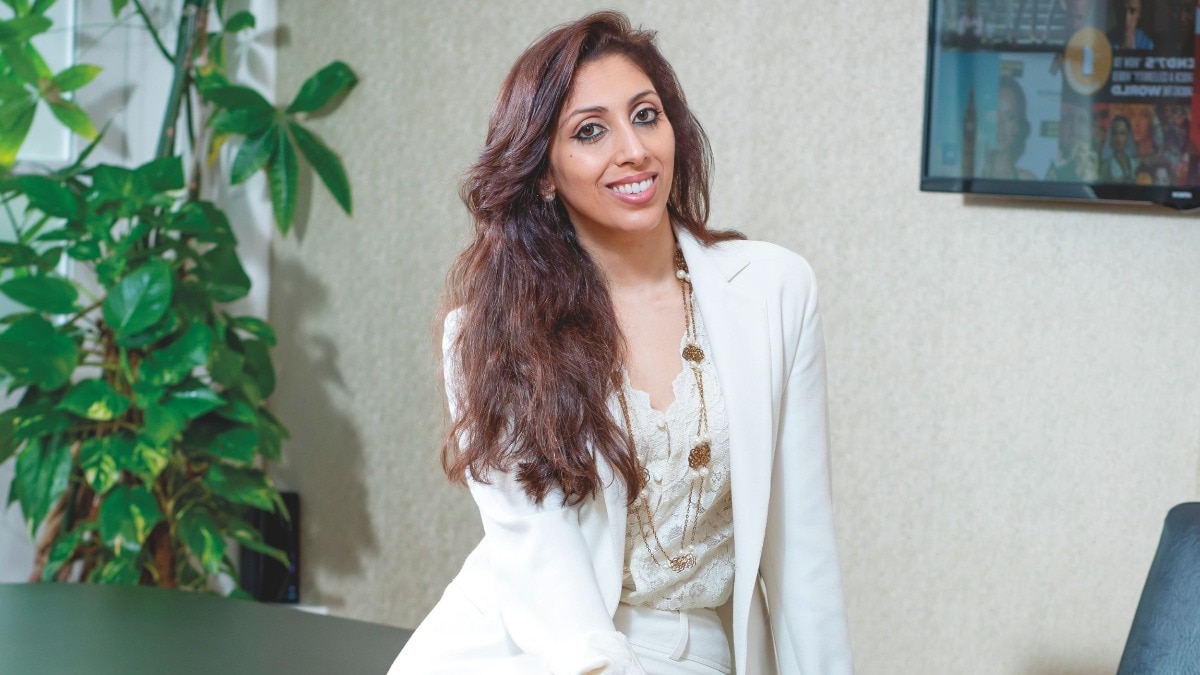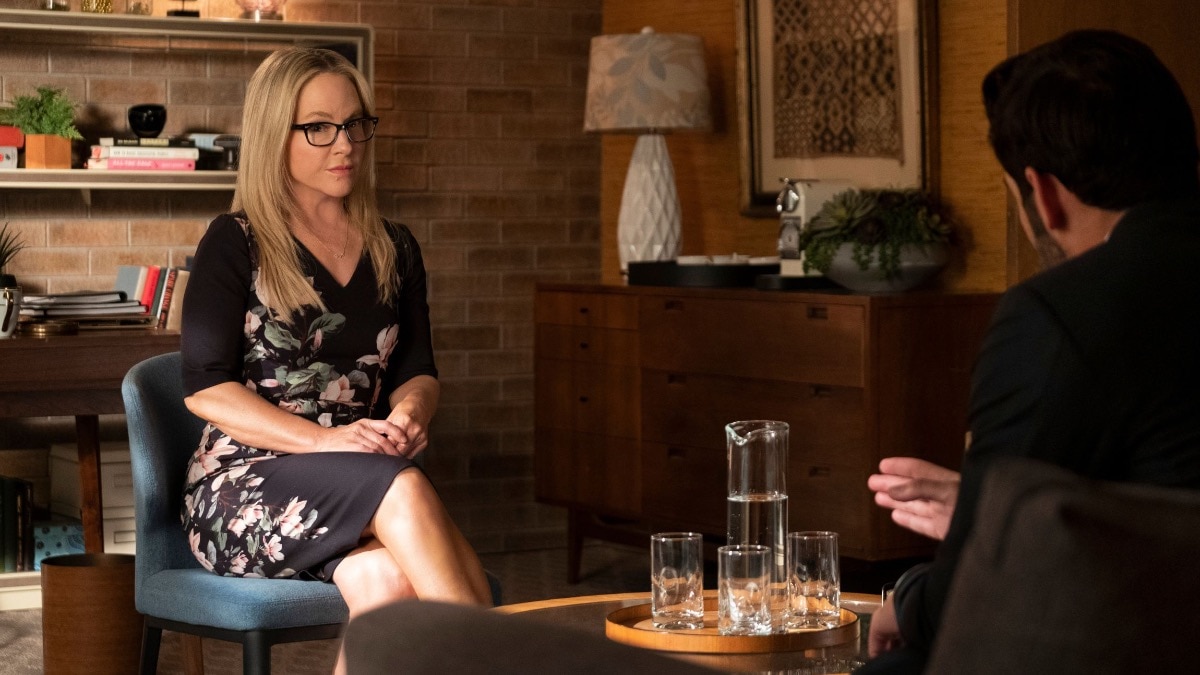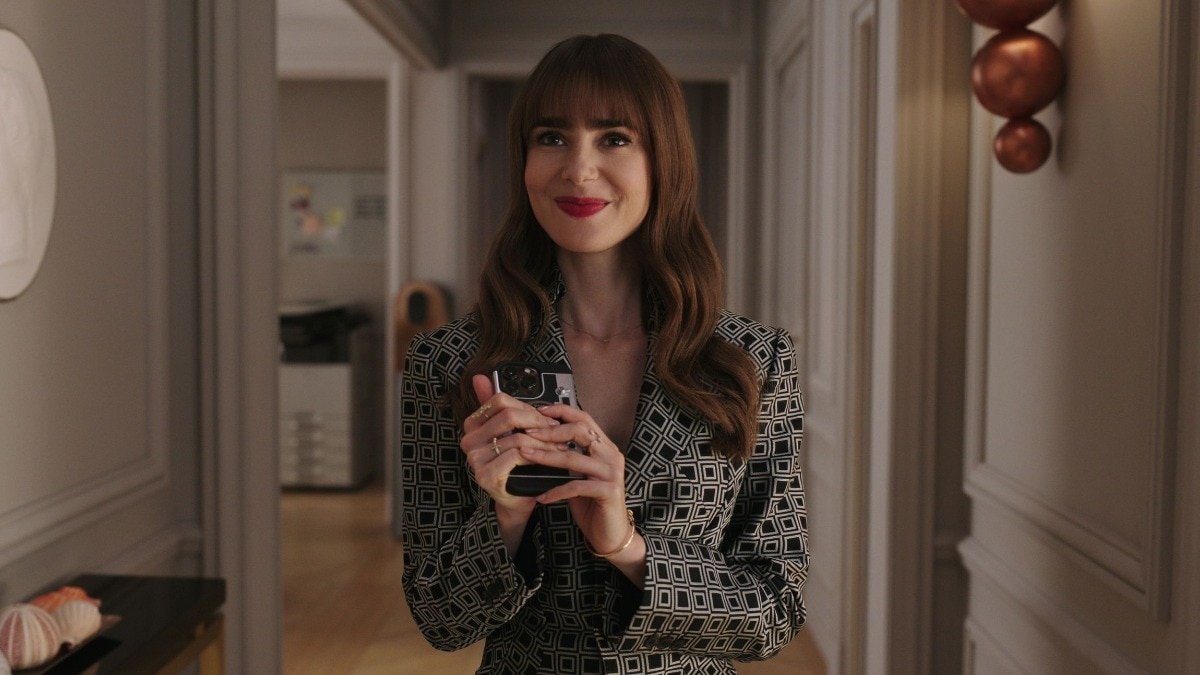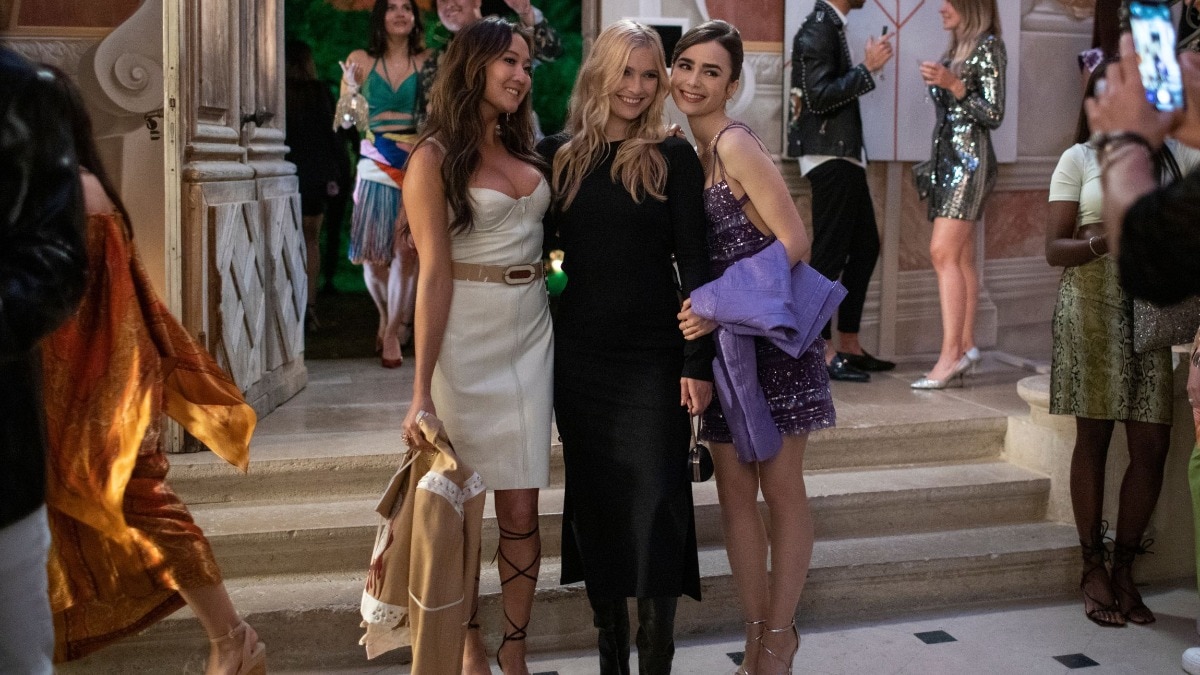
Do I need a social media cleanse?
Unfollowing people online can make way for less anxiety and a better sense of wellbeing, say experts.

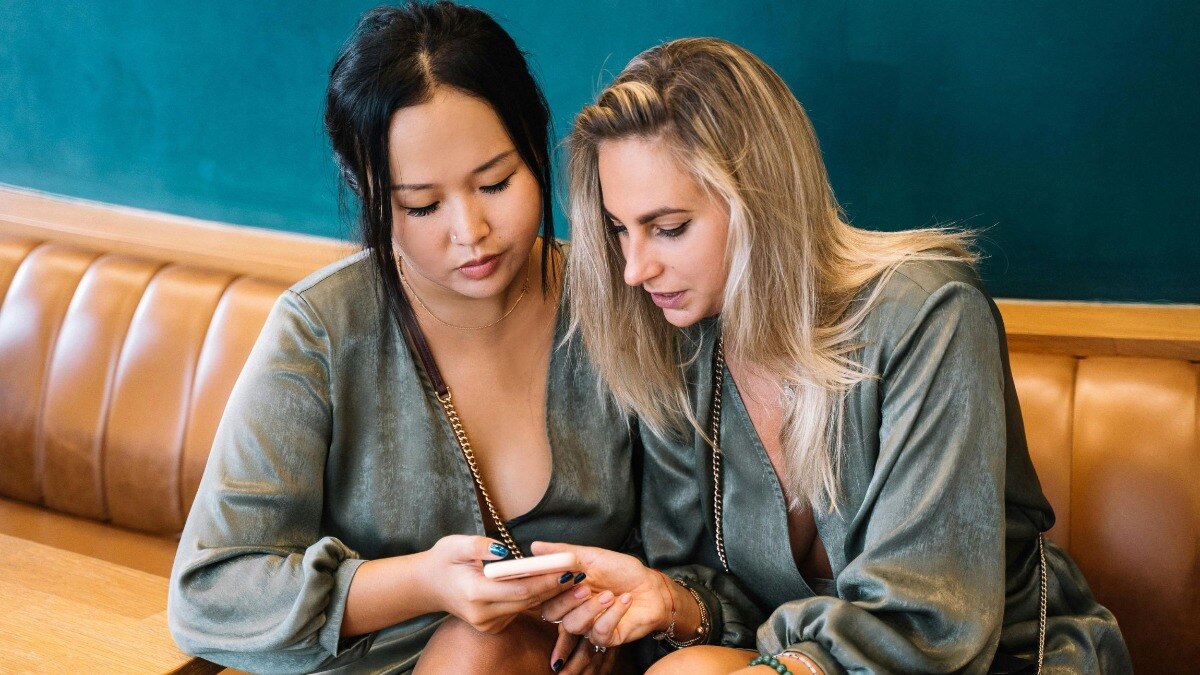
For many of us, scrolling through Instagram or Twitter is one of the first things we do when we pick up our phones in the morning. But if, of late, you’ve found yourself absent-mindedly flicking through content and wondering whether you’re even enjoying it, you’re not alone.
“I realised that I wasn’t properly engaging with so many of the people I followed on Instagram, lots of whom were in my year at school, or university friends I’d lost touch with,” says Alex, a 32-year-old lawyer. “My feed was flooded with pictures of weddings of people I didn’t know, and babies I’d never meet. So I unfollowed over 100 people in a day.”
Coming off social media entirely is more common than ever, and a recent survey revealed that over half of us in the UK have deleted at least one app—with 40 per cent saying they never intend to log back in. But there’s a new trend emerging among those who want to keep a presence on the apps, albeit a more curated one: the social media cleanse.

“With numerous accounts and content on our screens, the sheer volume of content can become difficult to manage, making us feel overwhelmed and encouraging us to compare ourselves to others,” says Natasha Tiwari, an award-winning psychologist. “By unfollowing accounts that don’t align with your interests or values, you can simplify your social media experience. It’s like a digital decluttering.”
Social media encourages an unnatural system of friend-gathering. A cursory scroll through my own Instagram shows me I’m following a girl I met (once, for one evening) on a holiday three years ago and plenty of people from school I haven’t seen in over a decade.
“In the real world, we don’t keep hold of every passing acquaintance for life,” says Charlotte Sheridan, a digital marketing specialist and founder of The Small Biz Expert. “We move on, grow apart and our interests change, and we let contact naturally dwindle. With the advent of social media networking, we’re holding onto people we have no connection with.”
All images: Pexels
Also read: Can you manifest the social media feed you want?
Also read: How to mute friends and not alienate people



